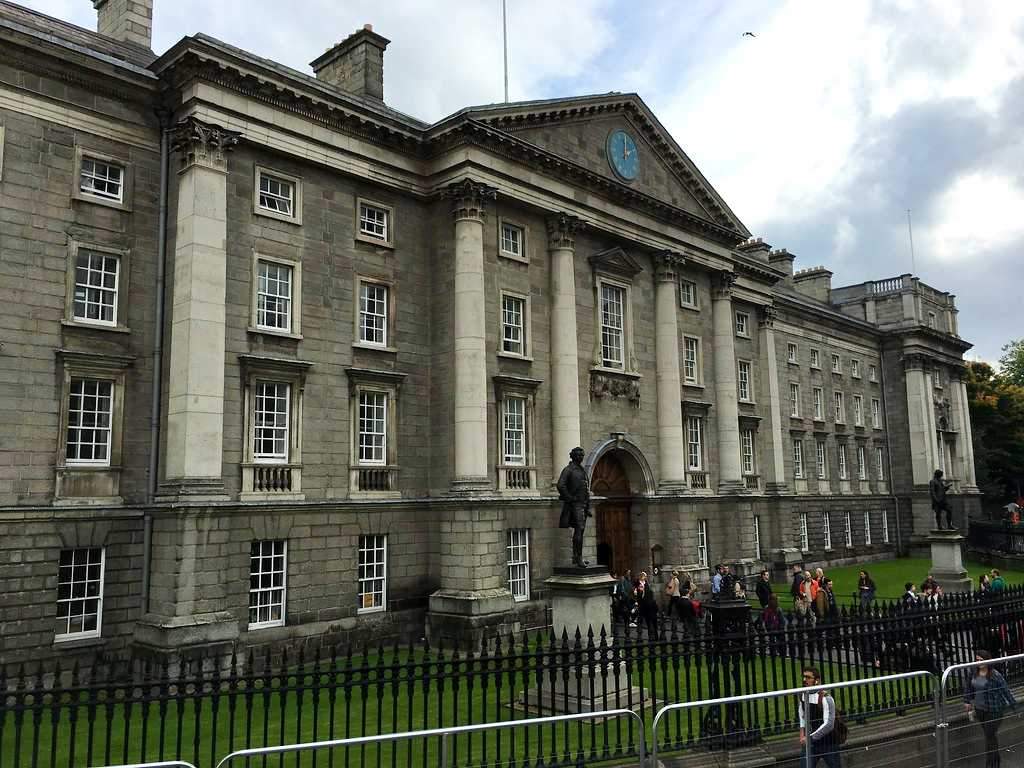Trinity has proposed legislation aimed at excluding itself from government reforms that aim to reduce college autonomy and increase college accountability.
The legislation proposed by the Minister for Further and Higher Education, Innovation and Research, Simon Harris, last November is suggesting that governing bodies within Irish universities should be slimmed down and that external government appointees will become a part of college administration. Harris has said that current legislation is “not fit for purpose and does not reflect the world in which we live”.
Harris also stated that he intends to make sure that College’s “institutional autonomy” is not lost and to ensure that all academic liberties are maintained. However, he stated that colleges must be made more accountable to the state, as well as to learners. It is his belief that “robust” and refreshed legislation must be brought in.
These suggested reforms have been denounced by members of the college body, including 59 of Trinity’s Fellows, Non-Fellow academic students and staff, as well as all three candidates currently contesting the Provostial race.
Speaking to Trinity News, the Department of Further and Higher Education stated: “The Minister will bring proposals to Government next month to provide a modernised framework for the achievement of a high quality, student focused higher education system in autonomous HEIs with appropriate oversight and accountability to underpin public confidence of stakeholders, students and the public.”
The department identified that “the current legislation does not reflect the changed landscape of higher education”.
The department continued to say that the aim of the reforms is the “provision of a high quality education which is innovative and adaptive to the needs of the learner”.
They also stated that the reforms aim to maximise “the contribution of higher education to social, economic and cultural development.” They believe the proposed legislation will “strengthen the institutional governance of HEIs and will reflect good governance practice”.
In its unpublished submission to government, Trinity has described the planned reforms as threatening to “undermine its autonomy” and has sought legislation that would exclude it from key features of the reforms.
Trinity has described certain features of the plan as presenting “fundamental difficulties”. One of the key concerns as presented by College, is the reduction of the College Board from 72 members to 12 members. The majority of the board would then be made up of external government appointees as chosen by the minister.
According to Trinity, College Board is currently made up of its own staff, students and elected fellows and to change that would lead to a “knowledge deficit and a representation and morale deficit”.
Trinity has highlighted recent progress with its own internal reforms. College wishes to advance these reforms further but the required space to do so would need to be granted by government.
The desire to continue the tradition of “collegiate governance” is something that Trinity says has served the College well for 400 years.
One senior source who was present at the board meeting last Wednesday is alleged to have announced that these new reforms could mean “the end of Trinity as we know it”.
Trinity has expressed a desire to preserve the “unique character” of the College in its submitted legislation to government. This would allow College to be excluded from aspects of the plan. College has highlighted that in 1997, Trinity was excluded from similar reform legislation and was instead allowed to install its own reforms.
College stated that they “believe that reforms could be introduced which respect the government’s wishes while also preserving many of the best aspects of Trinity’s model”.
Trinity has also suggested that its independent governance has played a key role in it being the highest ranked Irish university in the world rankings.






